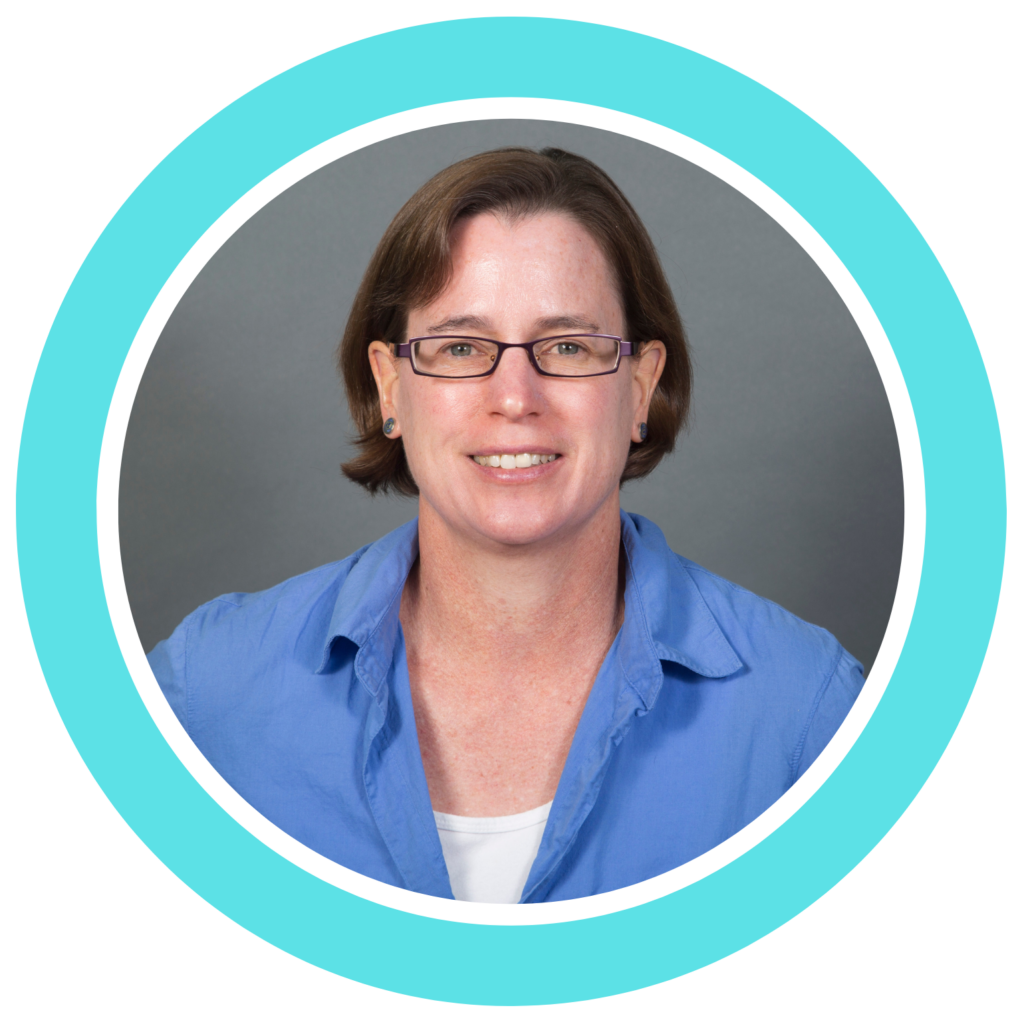
We recently featured several important scientists who use Terra data in their research, including Dr. Rebecca Buchholz (check out the post here) who works with Dr. Helen Worden, the US Principal Investigator for the Measurements of Pollution in the Troposphere (MOPITT) sensor to evaluate spatial patterns of air pollution critical for natural hazard response and public health planning.
MOPITT data are used to derive carbon monoxide concentrations such as those released from burning vegetation, coal, and other combustible plant material. MOPITT carbon monoxide measurements are used to determine where wildfires are burning and to infer the presence of other air pollutants, too. After analyzing over 15 years of data, the MOPITT team found that overall carbon monoxide levels have decreased globally over the past decade, but with varying amounts related to regional land use differences. Additionally, the team also discovered that an increase in new seasonal peaks of air pollution– especially from summer wildfires burning in the American Pacific Northwest – contribute to increased health risks “downwind” of these fires – even impacting places as far away as Colorado! Find out more about this research in this NCAR/UCAR News article and this Earth Observatory Image of the Day!
For more on Dr. Helen Worden’s research, check out her bio here as well as her 2012 interview by our own Tassia Owens!

